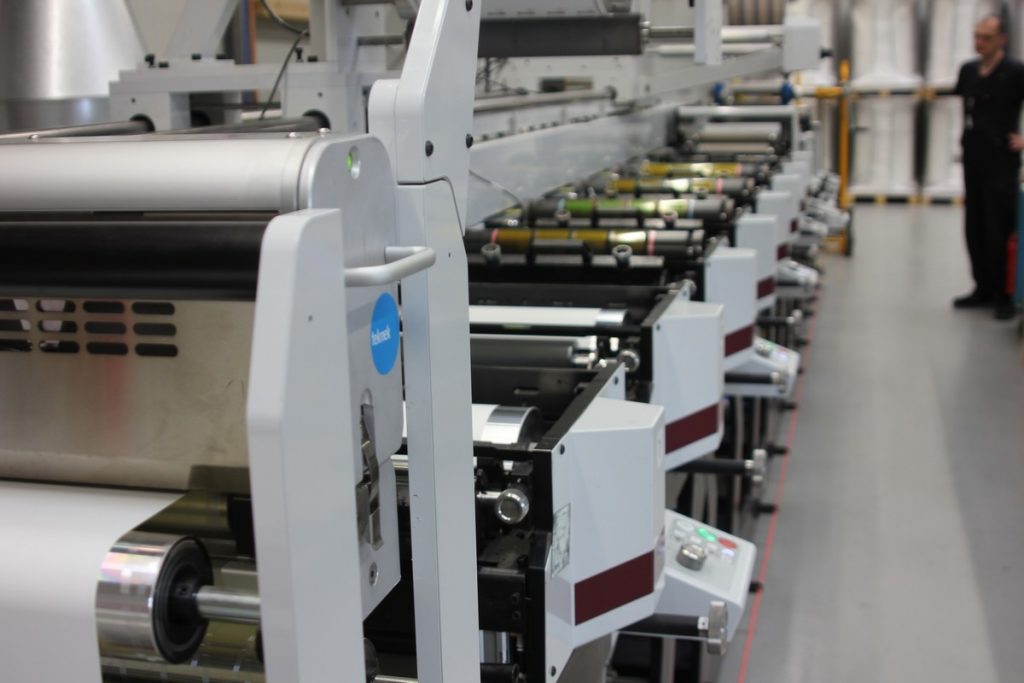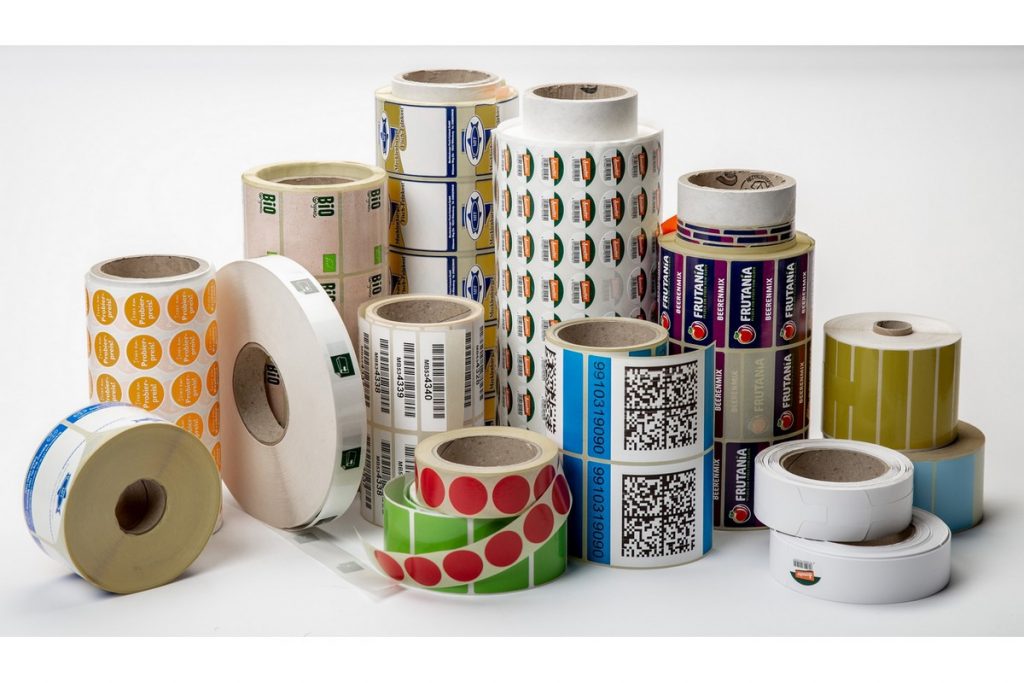ELBE-LABEL Introduces Eco-Friendly Labeling Solutions Amidst Rising Packaging Challenges
The landscape of fruit and vegetable packaging is undergoing significant transformations, driven by a dual focus on reducing packaging materials and substituting plastics with more sustainable alternatives. ELBE-LABEL, based in the Altes Land region near Hamburg, is at the forefront of these innovations, offering eco-friendly labeling solutions tailored to meet modern consumer and environmental demands.

Reducing Packaging Waste with Innovative Labels
Christian Diederichsen, Managing Director of ELBE-LABEL, highlights the industry’s shift towards minimal packaging solutions. “Banderoles and bar labels have emerged as preferred choices as they minimize packaging material without generating additional waste during production,” explains Diederichsen. Traditional adhesive labels remain crucial for direct product labeling, including items like cucumbers, avocados, and lemons, where plastic outer packaging is being avoided whenever possible.
Substitution of Plastic with Sustainable Papers
In response to environmental concerns, ELBE-LABEL has developed tear-resistant papers for banderoles and bar labels, offering both thermal and grass paper options that are industrially compostable. “Our grass paper labels, along with water-based inks, provide an environmentally friendly alternative, albeit currently niche due to pricing,” notes Diederichsen. Despite challenges such as rising raw material and energy costs, the company remains committed to sustainable practices, including investments in energy-efficient machinery and solar energy infrastructure.

Expanding Applications Beyond Asparagus
ELBE-LABEL’s innovation extends beyond traditional asparagus packaging to include herbs, spring onions, and garlic. The asparagus tag, initially designed to replace plastic trays and foil, has proven successful in reducing environmental impact. “This solution involves wrapping 500 g of produce in a rubber band with a paper tag, offering a sustainable alternative that aligns with consumer preferences for eco-conscious products,” says Diederichsen. The paper version of these tags can be conveniently disposed of in the waste paper bin, further supporting sustainability efforts.
Confidence in Future Growth and Sustainability
Despite economic fluctuations, ELBE-LABEL remains optimistic about the future of sustainable packaging in the food industry. “Fruits and vegetables are integral to healthy lifestyles and daily diets, necessitating continued innovation in packaging solutions,” affirms Diederichsen. The company’s adherence to ISO 9001 standards, use of FSC-certified paper, and ongoing investment in sustainable initiatives ensure it is well-prepared to meet future challenges and opportunities in the evolving packaging landscape.































